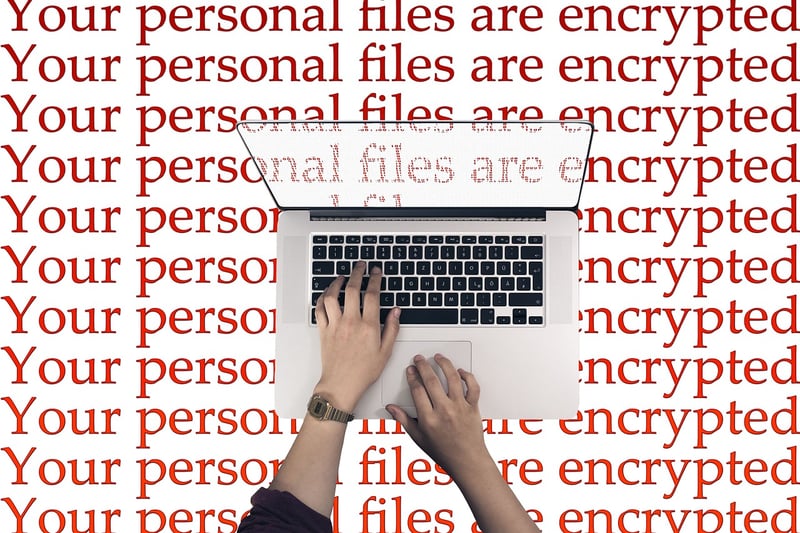Privacy Measures
Ensuring Safety in Digital Transactions + Privacy Measures
In today's digital age, online transactions have become increasingly common, from shopping to banking and everything in between. While the convenience of digital transactions is undeniable, it's essential to prioritize safety and privacy to protect your sensitive information from falling into the wrong hands. Here are some important tips to ensure safety in digital transactions:
1. Use Secure Websites
When making online purchases or sharing personal information, always ensure you are on a secure website. Look for "https://" at the beginning of the URL and a padlock icon in the address bar. These are indicators that the site uses encryption to protect your data.
2. Keep Software Updated
Regularly update your operating system, browser, and antivirus software to patch any security vulnerabilities. Hackers often exploit outdated software to gain access to your device and data.
3. Use Strong Passwords
Create unique passwords for each online account and use a combination of letters, numbers, and special characters. Avoid using easily guessable information like your birthdate or pet's name.
4. Enable Two-Factor Authentication
Adding an extra layer of security with two-factor authentication can prevent unauthorized access even if your password is compromised. This typically involves receiving a code on your phone to complete the login process.
5. Be Cautious of Phishing Attempts
Phishing emails and messages often mimic legitimate organizations to trick you into revealing personal information. Be wary of unsolicited emails asking for sensitive data and avoid clicking on suspicious links.
6. Monitor Your Accounts Regularly
Check your bank and credit card statements frequently for any unauthorized transactions. Reporting suspicious activity promptly can help mitigate potential losses.
Privacy Measures:
1. Limit Personal Information Sharing
Be cautious about sharing personal information online, especially on social media platforms. Limit the amount of personal data you disclose to reduce the risk of identity theft.
2. Use Privacy Settings
Adjust the privacy settings on your social media accounts and other online profiles to control who can see your information. Regularly review and update these settings to ensure your data remains secure.
3. Avoid Public Wi-Fi for Sensitive Transactions
Avoid conducting sensitive transactions, such as online banking, over public Wi-Fi networks. Hackers can intercept data on unsecured networks, putting your information at risk.
By following these safety tips and privacy measures, you can enhance your security posture and protect your sensitive information in the digital realm.


Remember, staying vigilant and proactive is key to safeguarding your online transactions and personal data.
